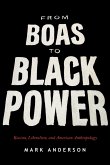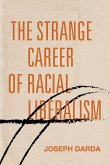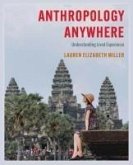This innovative work seeks to reverse the perspective and reasoning of anthropology and to develop an alternative mode of conceiving culture that would not automatically privilege the colonizing West. That necessarily involves a critique of the ethnological reason that extracts elements from their context, aestheticizes them, and then uses their supposed differences to classify types of political, economic, or religious ensembles. Such reason yields classical oppositions like the State versus segmentary societies, market versus subsistence economies, and Islam or Christianity versus paganism. As an alternative, the author opposes to exclusionary categories a mestizo logic that sees social phenomena as situated on a continuum and accentuates indistinction and the originary syncretism in all cultures and other ways of categorizing human life. The book s rich source material is drawn from the author s fifteen years of fieldwork and research in West Africa. The opening chapters first treat the notion of ethnological reasonits history and ideological practicesthen oppose to it the reality of cultural tension, the fact that conflicts and negotiations bring about transformations in the identity of collectivities. The following two chapters illustrate a real system of transformation, and question some basic concepts of political anthropology. The discussion continues in a more illustrative manner over the next two chapters, which present case studies of two West African societies that challenge typologies of political anthropology and ethnographic classification. The last three chapterson white paganism, cultural identities and cultural models, and understanding and actingsituate the debate within a wider historical framework of political and cultural confrontations. Who defines ethnicities, identities, differences ? Where can one find them as pure essences witnessing to their own originary beings? "
Bitte wählen Sie Ihr Anliegen aus.
Rechnungen
Retourenschein anfordern
Bestellstatus
Storno








